Publications
Articles, publications, books, tools and multimedia features from the U.S. Institute of Peace provide the latest news, analysis, research findings, practitioner guides and reports, all related to the conflict zones and issues that are at the center of the Institute’s work to prevent and reduce violent conflict.
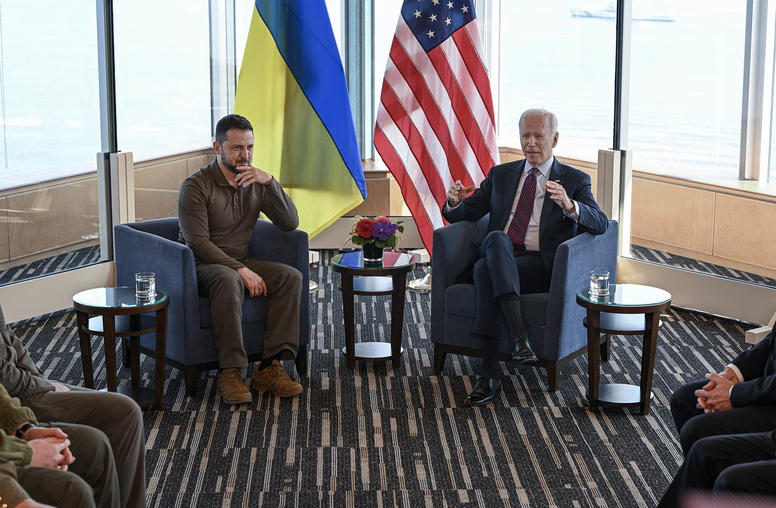
The United States Should Lead the Push for Peace in Ukraine
Recent weeks have witnessed several calls for peace in Ukraine. Ukrainian President Zelenskyy just wrapped up appearances at the G7 Summit and the Arab League, urging support for his country’s peace plan. China recently followed up the release of its February 2023 peace plan by sending its top diplomat, Wang Yi, on a European tour and dispatched peace envoy Li Hiu last week to Ukraine, Poland, Germany, France and Russia. At no time since Russia’s invasion of Ukraine, has there been so much momentum toward a peaceful resolution to the conflict in Ukraine. The United States should seize this opportunity to play a leading role.
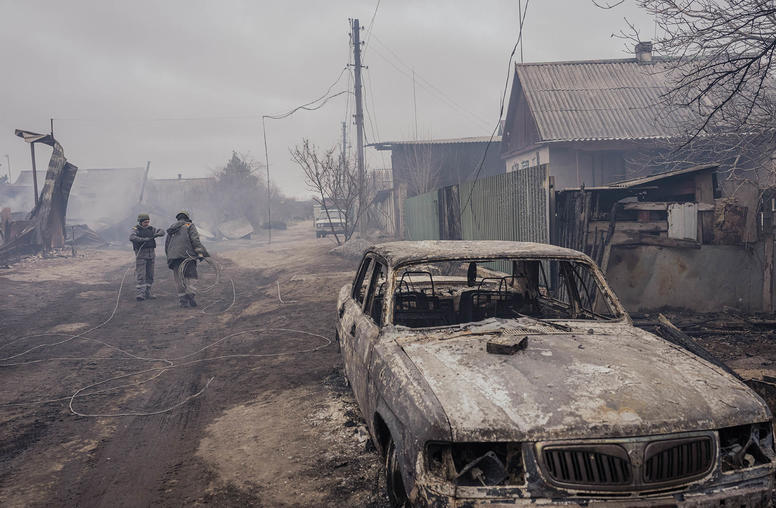
It’s Not About Picking Sides: The Nonaligned Movement and Russian Aggression
For nearly 80 years, the world has benefited from the post-World War II international legal prohibitions and norms outlawing aggressive war. While this relative peace and stability was threatened during the Cold War, a group of countries — called the nonaligned movement (NAM) — came together to declare their aversion to the bloc politics of the United States and the Soviet Union. This nonaligned movement championed key principles of the U.N. charter, including respect for territorial integrity, sovereignty and nonaggression.
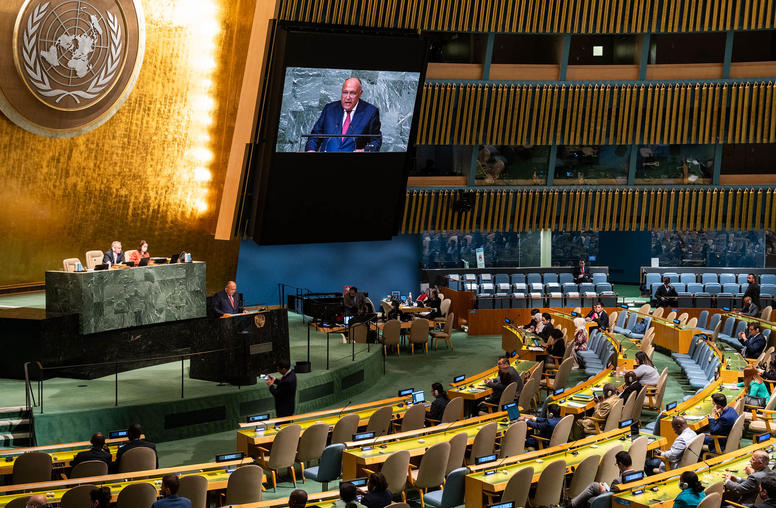
The New Nonaligned Movement Is Having a Moment
Russia’s invasion of Ukraine has accentuated emerging geopolitical trends that have coincided with the rise and intensification of great power competition. The re-emergence of the nonaligned movement (NAM) as a geopolitical force is perhaps the most salient example. Indeed, this month’s edition of Foreign Affairs — a reliable barometer of key trends in international affairs — is dedicated to the “nonaligned world.” By definition, NAM states do not want to be forced to choose sides between the United States and/or Russia and China. But as we move into a multipolar era of accelerating great power competition, these states will find themselves caught between major powers.
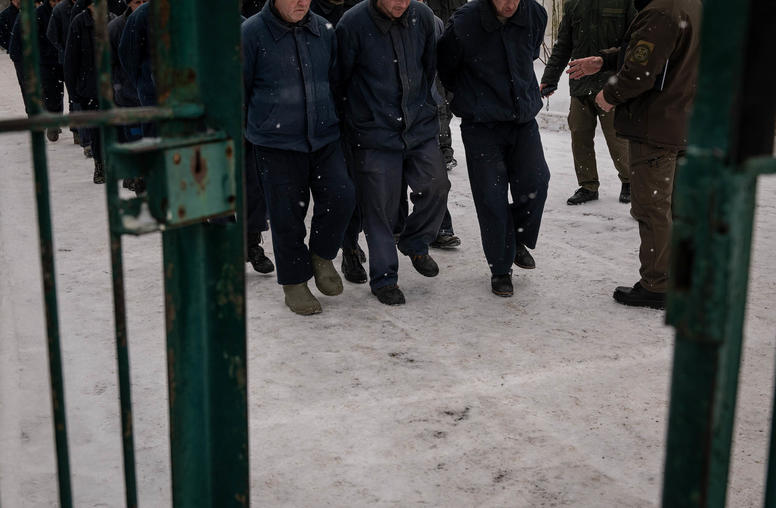
Amid War, Ukraine Aims to Protect the Rights of a Brutal Foe
At a critical phase in Russia’s war on Ukraine, U.N. human rights reports and news accounts illuminate a deepening contrast between the two nations’ adherence to humanitarian conduct amid war, notably in their treatment of prisoners. As Russian forces publicize and celebrate their brutalization of prisoners, Ukraine is striving to apply global norms rooted in a wartime order, 160 years ago this week, by U.S. President Abraham Lincoln. Sustaining support for Ukraine’s adherence to international humanitarian law can help determine which patterns of conduct, brutal or humane, will shape the world in which our children will live.

Ambassador William Taylor on Ukraine’s Spring Offensive
While reporting and leaked files indicate that a Ukrainian offensive to expel Russian troops is in the works, USIP’s Ambassador William Taylor says Ukraine still has the element of surprise: “Everyone knows that there’s this counteroffensive coming … what they don’t know is where.”
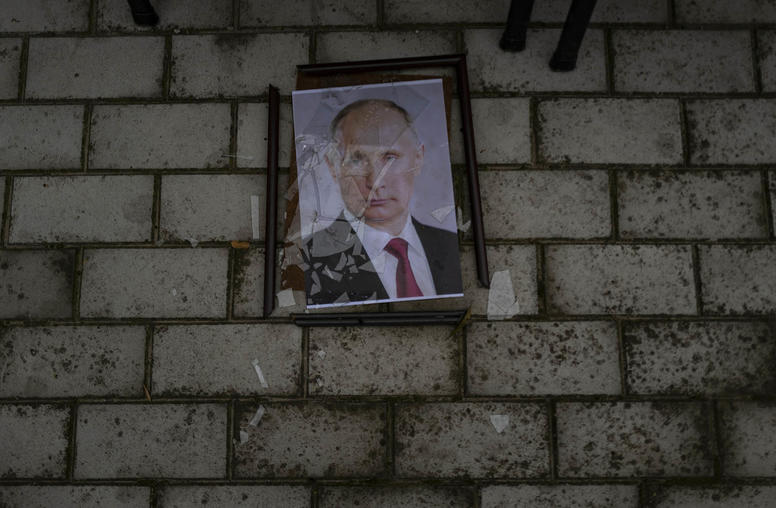
How the ICC’s Warrant for Putin Could Impact the Ukraine War
The International Criminal Court (ICC) announced last Friday that it had issued arrest warrants for Russian President Vladimir Putin and Presidential Commissioner for Children’s Rights Maria Lvova-Belova. According to a statement issued by the ICC, Putin and Lvova-Belova are alleged to have committed the war crimes of “unlawful deportation of population (children) and that of unlawful transfer of population (children) from occupied areas of Ukraine to the Russian Federation” beginning in at least February 24, 2022. USIP’s Lauren Baillie, Heather Ashby and Mary Glantz discuss the impacts of these warrants on Putin and on the war in Ukraine.
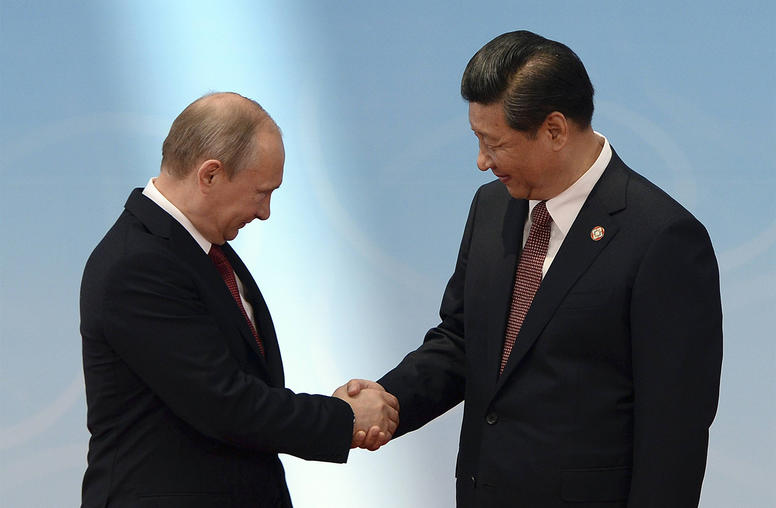
What China's 'Peace Plan' Reveals about its Stance on Russia's War on Ukraine
Despite Russia’s invasion of Ukraine — which marks a clear violation of international law — Moscow has enjoyed support from a number of countries. Foremost among these is China. Over the last year, Beijing has not supported Russia in U.N. votes, has refrained from providing Russia with weapons, and has publicly proclaimed neutrality. But China has also refused to condemn the invasion, often repeated the Kremlin’s talking points about the war, opposed sanctions against Russia and helped prop up its economy. On the anniversary of the invasion, China released what it had previewed as a peace plan, which really amounted to a statement of principles reflecting Beijing’s longstanding talking points about the war.

Ambassador William Taylor on the Anniversary of Russia’s War on Ukraine
A year into Russia’s invasion of Ukraine, it’s clear that Russian President Vladimir Putin has made a strategic blunder. But any deal to end the conflict must uphold Ukraine’s sovereignty and independence, says USIP’s Ambassador William Taylor: “The Russian military needs to leave. That’s got to be the key part of any peace proposal.”
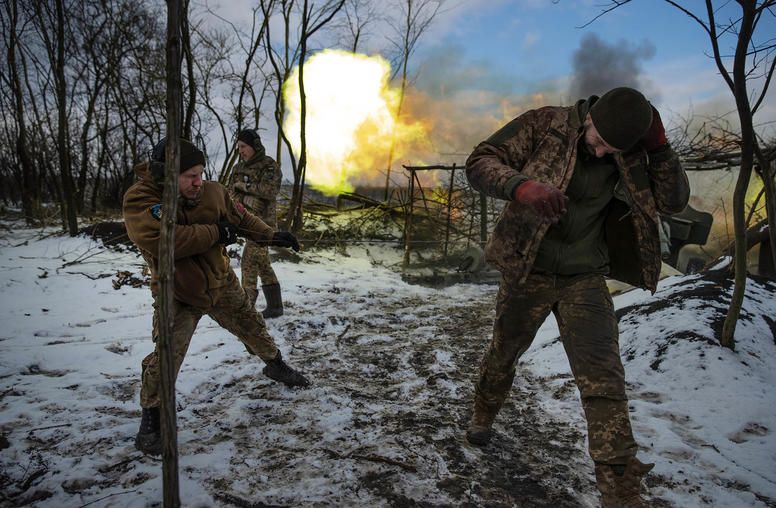
Ukraine’s Year of War: What Does It Mean?
One agonizing year after Russian President Vladimir Putin launched his all-out war on Ukraine, the pictures and stories of brutal inhumanity have at times been numbing: a 21st-century resurgence in Europe of violence that recalls the Nazi Holocaust or the worst excesses of the Balkan wars. For average citizens as well as policymakers, the deluge of news and the layers of concerns — for Ukraine, for European stability, and for a world free of such warfare — can make it hard to pull out key focal points. With no end to this conflict now in sight, Ambassador William Taylor discusses how we might assess this past year and focus on next steps.

Elite Capture and Corruption of Security Sectors
The objective of US security sector assistance is to help build effective, accountable, responsive, transparent, and legitimate security sectors in partner nations to address common security risks. Such action ultimately benefits US national interests, as when the United States modernized West Germany’s military during the Cold War; when US security sector support to South Korea helped the United States deter regional threats; and when, in Ukraine, US security sector assistance contributed to success in fending off Russian aggression in 2022. Similarly, the United States helped Georgia turn its traffic police into one of the most trusted institutions in the country, supported Albania as it updated the governance of its security forces, and assisted Colombia in making progress toward ending its long-standing armed conflict.